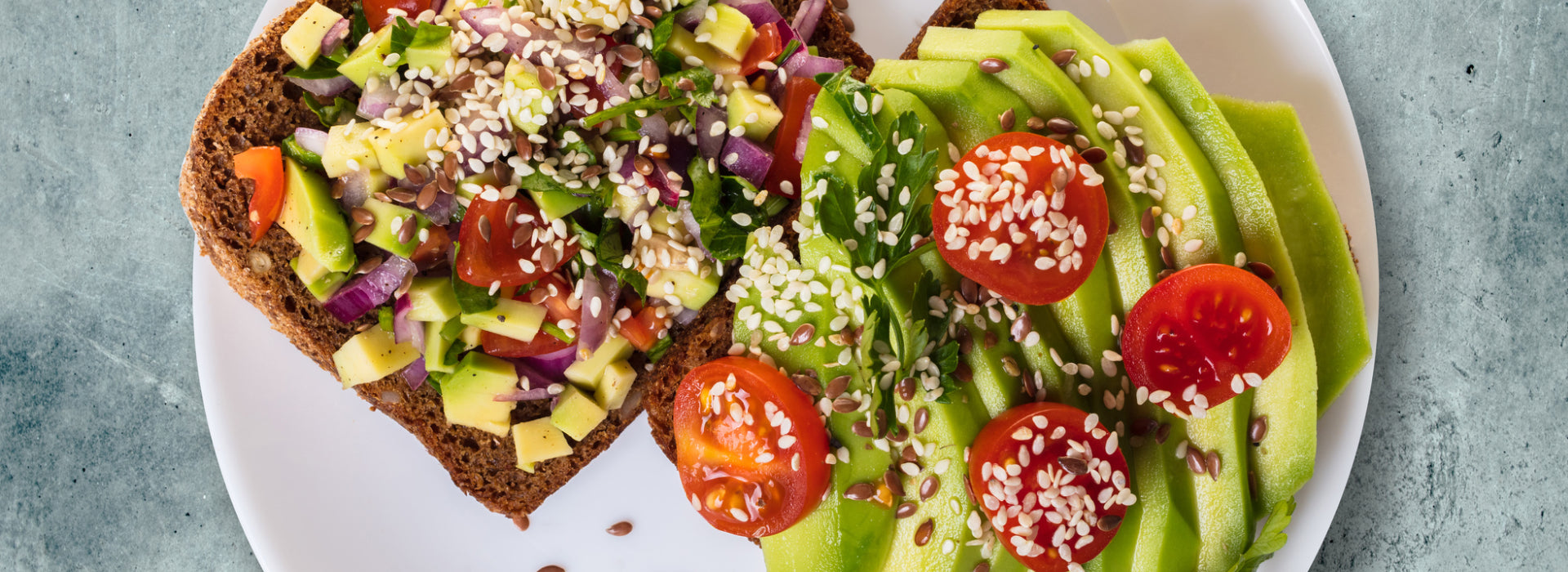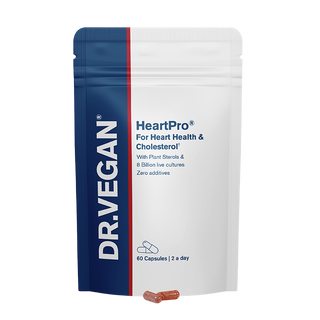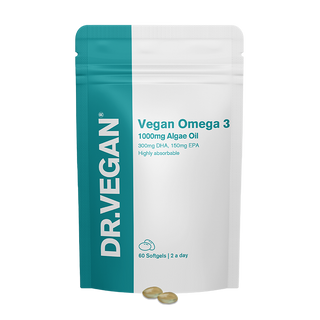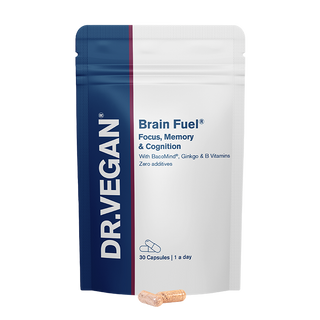Healthy fats and unhealthy fats explained

Nutritionists love to talk about healthy fats because they're so important and the emphasis is on healthy fats, because there are lots of unhealthy fats. Some fats promote health and are classified as essential because we can only gain them through our diet or supplements, while some fats are detrimental to our health. There are lots of types of fat and here is our easy guide on healthy fats to reach for and the unhealthy fats to avoid.
What are healthy fats?
Monounsaturated fat
Monounsaturated fats are liquid at room temperature and healthy when not heated. Nutritious and healthy foods high in monounsaturated fats include olives, avocado, almonds and hazelnuts. Extra virgin olive oils are excellent oils for salad dressings, or to drizzle on top of food and if you do use them, make sure the food is not too hot because heat can reduce the nutritional benefits. Discover our delicious Avocado, Beetroot and Pea Shoot salad recipe, or browse all our free recipes.
Create your free Diet Profile, developed by nutritionists.
Polyunsaturated fat
Omega 3 and 6 fats are 'polyunsaturated fats' and are given this name due to their molecular structure. Omega 3 and 6 fatty acids are essential for our health, and are most beneficial when they're not heated. The ratio of these 2 fats in the body should be 3:1 Omega 6: Omega 3. The average adult may have levels of 15:1 or even higher, leading to systemic inflammation in the body.
Omega 3 is vital for our brain health and our ability to focus and concentrate, our heart health, skin and joints, and through pregnancy and breastfeeding, and menopause. Learn more in 'Why Omega 3 is good for you' and 'Best nutrition for the menopause'.
HeartPro®

Omega 3 can be found in walnuts, chia and flax seeds, oily fish such as salmon, and in algae oil. Fish get their omega 3 from the algae they eat in the oceans and rivers, and it is algae oil and a vegan omega 3 supplement that contains the most biologically active omega 3.
Omega 6 comes from seed oils, grains, soya beans, borage and also evening primrose. If you do not eat fish or meat, you should be particularly mindful of your Omega 3 intake. Most people do not consume enough Omega 3 in their diet which is why Omega 3 is one of the most commonly recommended supplements by nutritionists. You may also enjoy reading about the benefits and drawbacks of the Mediterranean diet, written by our nutritionists in 'Is a Mediterranean diet actually healthy?'.
Discover Gut Works | Pre & Probiotic, 50bn CFU
What are the benefits of fats?
Fats are essential for every cell in our body. The fats you consume will determine the flexibility of your cells’ membrane which in turn impacts how your body's cells communicate with each other, affecting basic functions including how you respond to pressure, adrenaline, stress, illness and disease. The DHA in Omega 3 provides cell structure, while the EPA in Omega 3 provides membrane flexibility and regulates inflammation.
Cognition
Our brain has the highest fat content in our body. 60% of the brain is fat, which is why fatty acids are crucial to our brain's ability to perform, and it is so important to replenish these fats through our diet or supplements. EPA and DHA are essential for cognition in all age groups, and requirements of EPA and DHA increase in pregnant and lactating women, and in the elderly. Research shows that supplemental Omega 3 can be protective against cognition decline as we age.
Focus and mood
Research studies show that Omega 3 fats improve our focus and attention, support healthy moods and memory, and may even be beneficial in those with ADHD. Some studies among people with mood disorders, or who regularly experience low moods, show that low levels omega 3 fatty acids contribute to this and that supplementing with Omega 3 may improve those signs.
How do we get enough Omega 3 fat?
Getting a direct source of EPA and DHA is preferable as the body can use this directly, without needing to convert it. Non-vegetarians like to get Omega 3 from fish, however there are multiple downsides to Omega 3 from fish. Besides the devastation that industrial fishing has on our seas and marine ecosystems, fish are becoming increasingly polluted with heavy metals and plastic pollutants.
There are plenty of vegan Omega 3 sources, and huge positives to supplementing with algae oil providing Omega 3. Algae oil is the only plant-sourced Omega 3 that is already in its DHA and EPA form, and this is how our best-selling vegan Omega 3 supplement is created. In short, algae oil provides all the benefits of Omega 3 fish, and more, and with no harm to fish or the environment.
What are unhealthy fats?
Polyunsaturated fats when heated become oxidised which can lead to cell damage. Industrially produced cooking oils are highly processed, using solvents to make them acceptable in colour, taste and texture. Vegetable oils fall into this category, whilst palm oil is a common nasty additive in many supplements - learn more about the ingredients in supplements to avoid. You may be interested in reading our expert nutritionist's 'Debunking the Biggest Food Myths'.
George Gregan, Australia's most capped international rugby player, takes healthy Vegan Omega 3
Trans and hydrogenated fats
'Hydrogenated fats' and 'trans fats' are vegetable oils that are processed, where they have hydrogen added to extend their shelf life and the foods they're used in. They're bad news for health because they increase inflammation in the body, leading to increased levels of oxidised LDL cholesterol and lowered levels of HDL cholesterol.
HDL and LDL are lipoproteins that act as carriers of cholesterol and the letters stand for 'High Density Lipoproteins' and 'Low Density Lipoproteins'. They are both necessary for different purposes in the journey that cholesterol makes around the body.
What foods contain unhealthy fats?
Trans and hydrogenated fats are commonly found in ultra processed foods such as ready meals, frozen pizza, biscuits, cakes, pies, and microwave popcorn. Trans fats are simply 'partially hydrogenated fats', and both these fats are one reason why health experts always advise avoiding processed foods. You may also be interested to learn that biscuits, refined bread, fizzy drinks and processed foods are the most common causes of bloating and IBS. This is due to increased gut inflammation from trans fats.
Trans fats may also worsen insulin sensitivity, particularly among individuals predisposed to insulin resistance which contributes to Type 2 Diabetes. Learn more about 10 symptoms of diabetes to look out for.
The best way to avoid trans fats is to eat a diet of fresh whole foods, not foods with a long shelf life, and look out for the following terms on food labels...
- partially hydrogenated
- hydrogenated fats
- shortening
- margarine
- vegetable oil
- rapeseed
- soya
- palm oils
...and minimise the number of foods in your shopping trolley with these ingredients. You may also enjoy reading about all the nasty animal ingredients used in food production.
Discover our range of vegan probiotics, vitamins and supplements.
Want to hear more from our nutritionists? Sign up to our free newsletter for expert tips and advice:





















